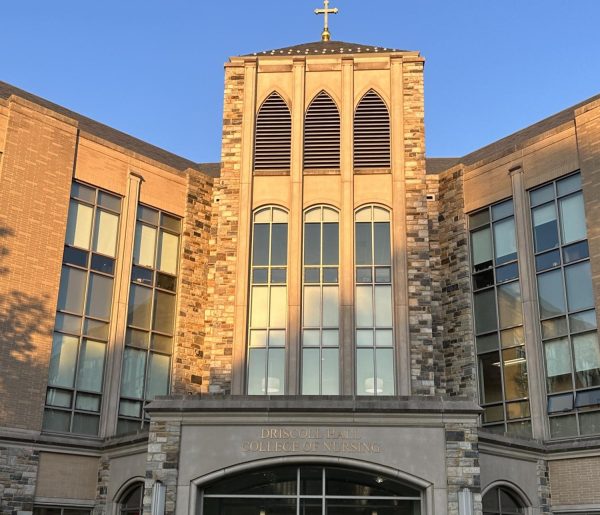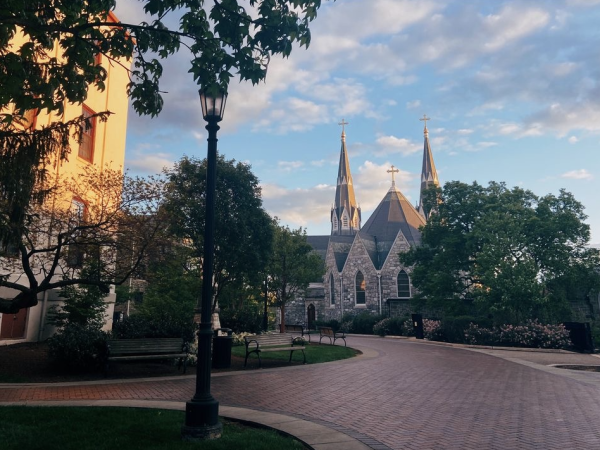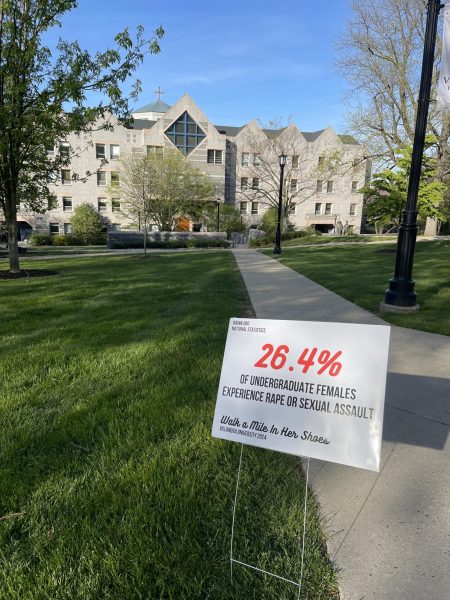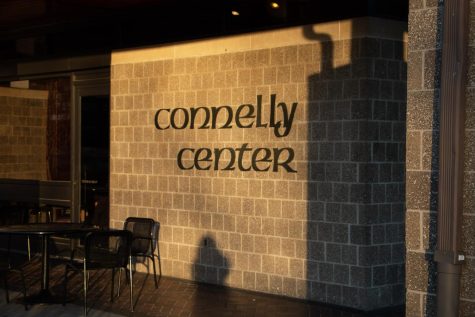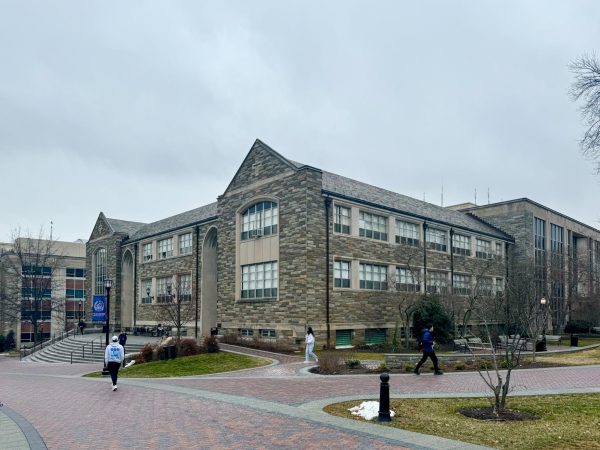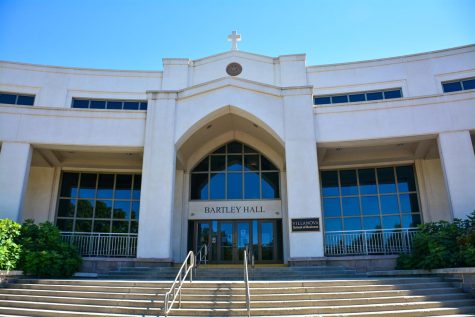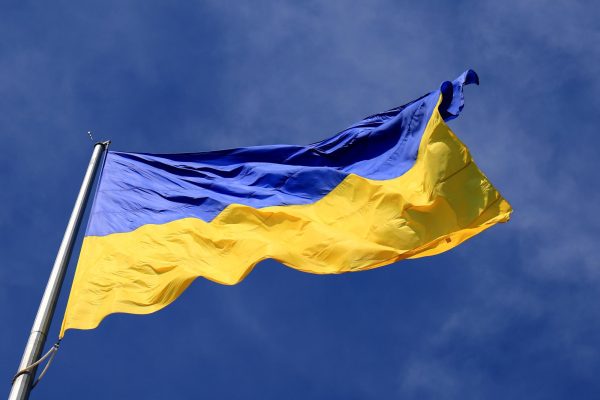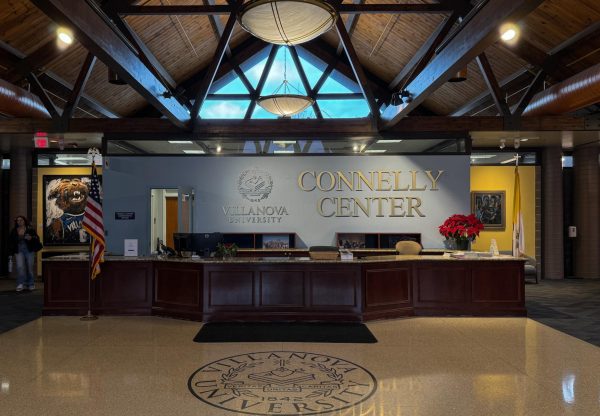Nuclear power consultant visits Villanova
March 26, 2015
Thomas Hafera, Senior Nuclear Consultant at Worley Parsons, presented “Nuclear Power: An Overview” to a group of 20 students in Bartley on Thursday, March 19 in Bartley Hall.
The lecture, sponsored by the Matthew J. Ryan Center for the Study of Free Institutions and the Public Good, focused on the enormous potential of nuclear power.
Hafera touched on many subjects during his lecture, including the science behind nuclear energy, the history of nuclear power and the worldwide energy crisis and the ethical responsibilities of scientists and engineers.
Our society relies on electricity to power everything from communications devices to hospital equipment. Scientists estimate that by 2020, United States electricity needs will have increased by 44 percent. With no viable replacement for electricity, and no efficient ways to store energy for future use, the world is facing an energy crisis.
Although many nations are attempting to cut back on electricity consumption, conservation is simply not adequate. Wind and solar energies are not dependable enough to solve the energy crisis, according to Hafera, who believes that nuclear energy is the solution to the problem. “We must remember we live in a 24 hour society, such sources of energies aren’t as realistic as one would think.”
To create nuclear fuel, uranium ore must be mined, then put through an intricate process to be made into pellets. These pellets are then sealed into fuel rods which, when grouped, form the core of a nuclear reactor.
There are three major types of reactors to create nuclear fuel: Pressurized Water Reactors, Boiling Water Reactors and CANDU reactors. Nuclear fuel can be recycled, making it one of the most efficient energy forms.
“Think, then really think,” Hafera advised the engineers attending the lecture. “While a research scientist can think or guess the answers to problems, engineers must be absolutely sure, or face real-world consequences.”
Despite the many advantages of nuclear fuel, the process can be dangerous if not done correctly. Hafera stressed the three C’s of nuclear fuel: Controlling the power, cooling the fuel, and containing the radioactivity. Stressing the environmental and social issues associated with mistakes in nuclear engineering, Hafera gave students an insider’s perspective into the nuclear incidents at Three Mile Island, Chernobyl and Fukushima.
The far-reaching physical, social and political consequences of these accidents have led to a “big wake-up call about nuclear culture,” according to Hafera. Changes have included improved operator training, more thorough emergency planning and strengthened communication. Citing the importance of engineering to society’s infrastructure, Hafera encouraged engineers to seek greater involvement in politics and economics.
Nuclear energy is not just an issue for engineers and political scientists. The possibilities it presents impacts students of all majors.
The energy crisis affects everyone, and coming up with an effective solution will require the minds of not only scientists and engineers, but politicians, economists, and rights activists as well. Hafera left the students with a reminder to maintain an open mind nuclear energy.



